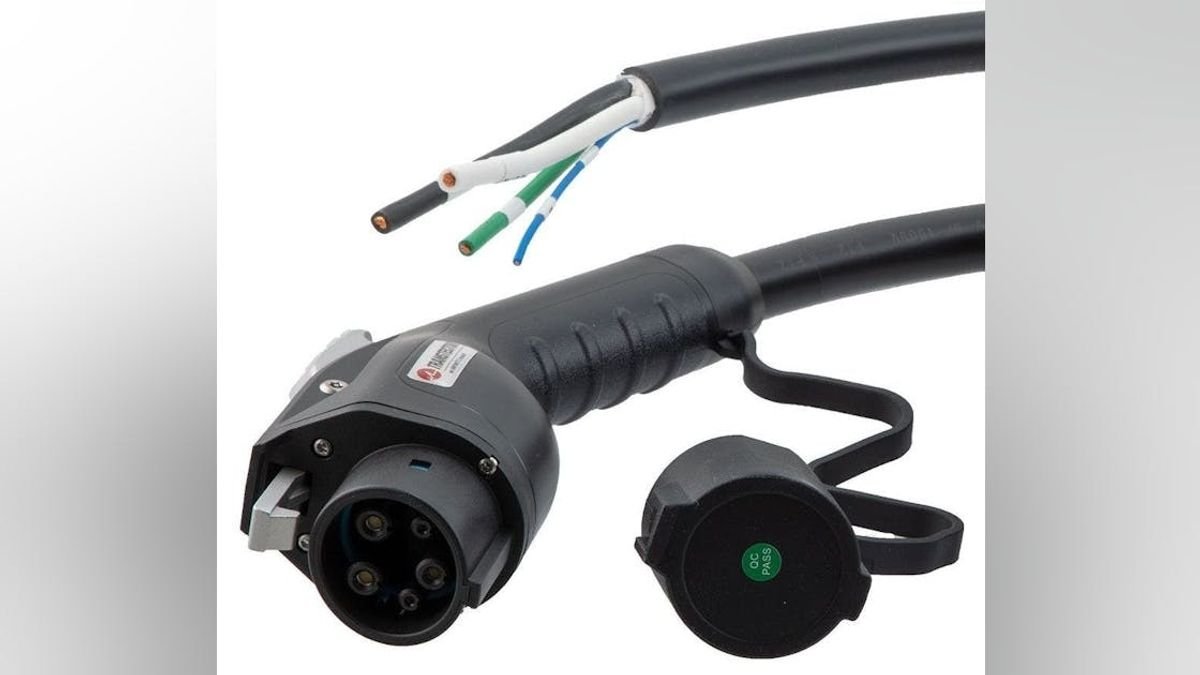In the quaint town of Hayden, Idaho, a quiet revolution is unfolding that promises to reshape the landscape of electric vehicle (EV) charging. Transtector Systems, a company at the forefront of technological innovation, has unveiled a new line of EV charging cables that stand to make electric vehicles more accessible and convenient for Americans. This leap forward in charging technology not only highlights the rapid advancements in the EV sector but also underscores the growing commitment to sustainable transportation solutions.
A Charge Toward Sustainability
The heart of this innovation lies in Transtector’s latest offering: charging cables designed for Level 2 stations, compatible with the widely used J1772 connector. These cables are engineered to support faster charging than their Level 1 counterparts, providing a cost-effective and efficient alternative to the more expensive Direct Current (DC) fast chargers. With options for 32, 40, or 48 amps and adaptability to 120-, 208-, or 240-volt AC power, these cables are versatile enough to meet a broad spectrum of EV charging needs.
What sets these cables apart is not just their technical specifications but their potential impact on the EV market. By offering a more accessible and efficient charging solution, Transtector is addressing one of the significant barriers to EV adoption: the availability of convenient charging options. This development is particularly timely, as the demand for EVs continues to surge, driven by an increased awareness of environmental issues and a collective push towards reducing carbon emissions. The introduction of these cables in Hayden, Idaho, may seem like a small step, but it represents a significant leap towards a future where electric vehicles are the norm, not the exception.
Connecting Communities
The versatility of Transtector’s charging cables also opens up new possibilities for the placement of EV charging stations. With the ability to support different voltage requirements, these cables can be installed in a variety of public and private locations, from shopping centers and restaurants to universities and residential complexes. This expansion of charging infrastructure is crucial to making EVs more appealing to consumers, by ensuring that charging an electric vehicle is as convenient as refueling a traditional gasoline-powered car.
Moreover, the compatibility of these cables with a J1772-to-NACS adapter further broadens their applicability, allowing them to be used with EVs equipped with NACS charging ports. This adaptability is a testament to Transtector’s commitment to meeting the evolving needs of the electric vehicle market, ensuring that drivers have the flexibility and convenience they need to make the switch to electric.
Driving Economic Growth
The introduction of these new charging cables is not just good news for the environment and EV owners; it also represents a boon for the local economy in Hayden, Idaho. The development and manufacturing of these cables create jobs, stimulate economic growth, and position the region as a leader in the burgeoning EV market. Moreover, by making EV charging more accessible, Transtector is contributing to the broader adoption of electric vehicles, which in turn drives demand for more charging stations and supporting infrastructure.
The ripple effects of this innovation extend far beyond the immediate benefits of reduced emissions and a cleaner environment. By investing in EV charging technology, Transtector is paving the way for a future where sustainable transportation is not just a vision, but a reality. This commitment to advancing EV technology signals a promising direction for the industry, one that balances the needs of the planet with the demands of modern life.
As we stand on the brink of a new era in transportation, the efforts of companies like Transtector in Hayden, Idaho, remind us that the journey towards sustainability is a collective one. With each innovation, we move closer to a future where electric vehicles are an integral part of our lives, driving us towards a cleaner, greener world.
[ad_2]
Source link




